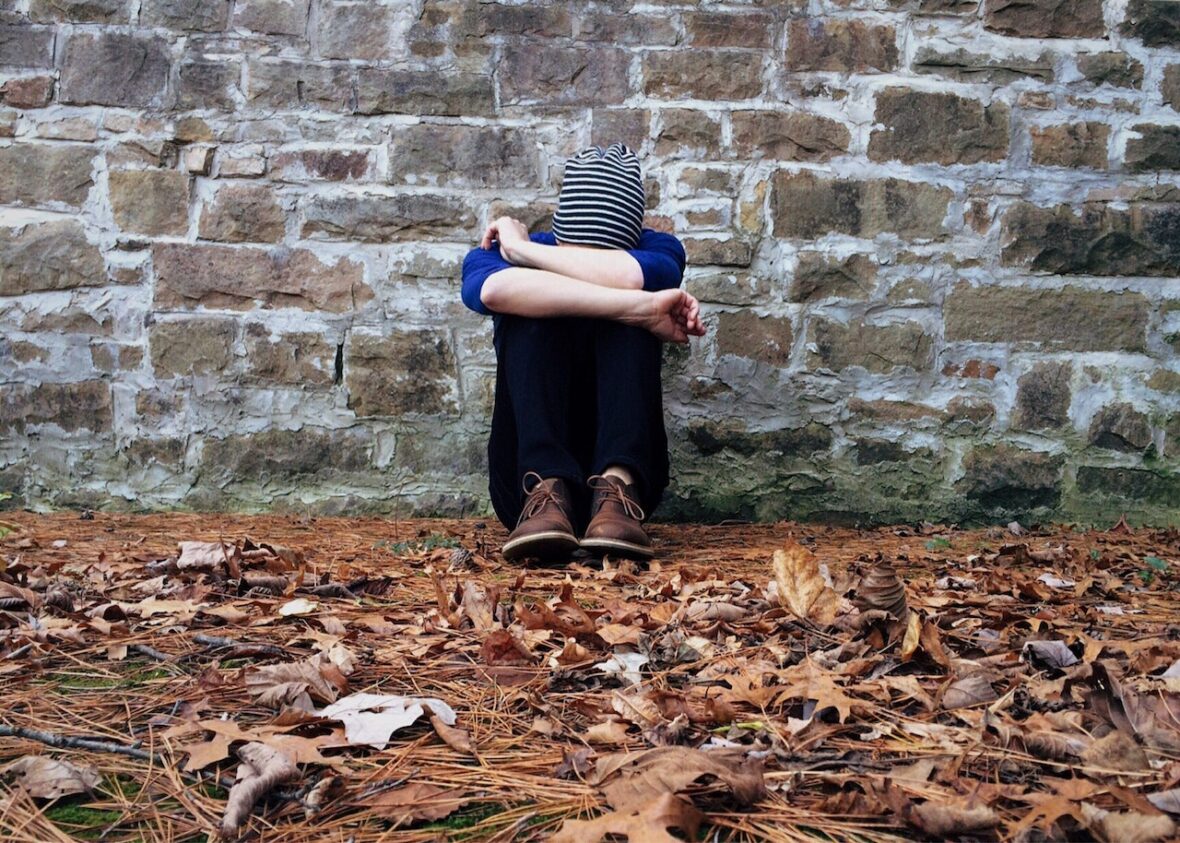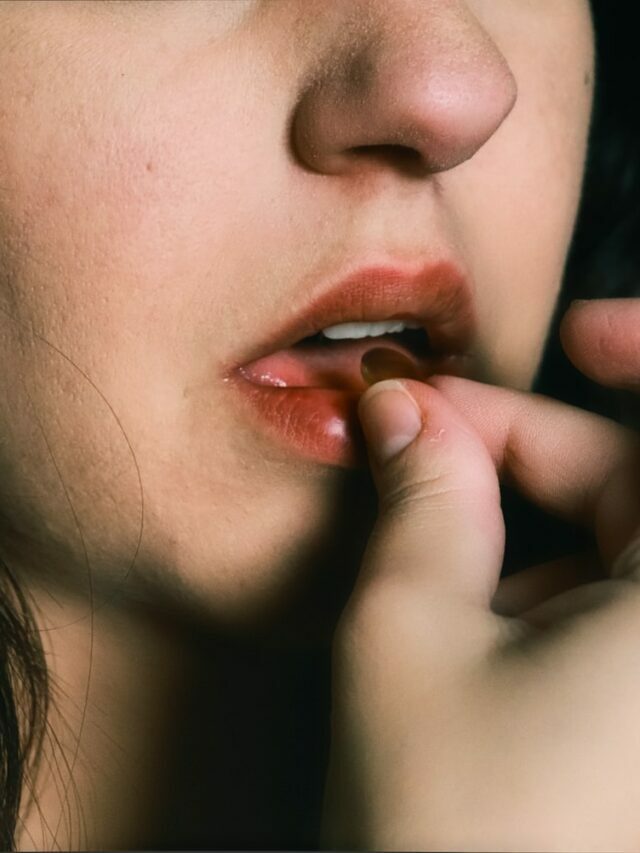Introduction
Rejection sensitivity dysphoria (RSD) is a condition that affects many people. But it’s commonly diagnosed in people that also have been diagnosed with ADHD.
It can cause a lot of emotional pain and distress, as well as physical symptoms such as headaches and nausea. Rejection sensitivity dysphoria can make everyday tasks such as going to work or socializing very difficult.
If you are living with rejection sensitivity dysphoria, you are not alone. There are many people who understand what you are going through and can offer support. This article will provide you with information about rejection sensitivity dysphoria, including its symptoms and treatments.
What Is Rejection Sensitivity Dysphoria?
RSD is a little-known symptom of Attention Deficit Hyperactivity Disorder (ADHD) wherein we struggle to regulate our emotions in response to rejection or criticism. Rejection sensitive dysphoria occurs when you experience an intense or overwhelming emotional sensitivity to criticism or rejection. It’s as if every little thing someone says or does that could potentially be interpreted as a critique or slight, sends you into a tailspin. You may feel like you can’t focus on anything else, and the pain can be so unbearable that it feels like physical torture.
The Symptoms of Rejection Sensitivity Dysphoria
People who suffer from rejection sensitivity dysphoria (RSD) experience extreme emotional pain in response to rejection or failure. The condition is linked to ADHD, and experts believe it is caused by differences in brain structure.
Symptoms of RSD include being easily embarrassed, getting angry or having emotional outbursts when rejected, and withdrawal from social situations. People who suffer from RSD may find it difficult to maintain relationships and can feel isolated and lonely.
How Rejection Sensitivity Dysphoria Can Impact Your Life
RSD can have a major impact on your life. People with RSD may have a formal diagnosis of ADHD or BPD. This can affect your relationships with family, friends, or a romantic partner.
Rejection can be very difficult to cope with, and it can be hard to know how to handle the emotions that come with it. It is important to seek help if you are struggling with RSD. There are many resources available to help you deal with this problem.
If you experience RSD, you may feel like you’re not good enough and that you don’t deserve to be loved. You may also feel like you’re a burden to others and that they would be better off without you. Rejection sensitive dysphoria can make it difficult to have close relationships, attend social events, or do well in school or at work.
If you think you may have RSD, it’s important to see a doctor. There is no cure for RSD, but there are treatments that can help lessen the symptoms. With treatment, it is possible to lead a normal, happy life.
How to Get Help for Rejection Sensitivity Dysphoria
If you are struggling with rejection sensitivity dysphoria, there is help available. There are psychotherapy treatments that can help you learn to cope with your symptoms. Talk to your doctor or therapist about your options, and don’t be afraid to ask for help.
Tips for Living With Rejection Sensitivity Dysphoria
If you’re living with rejection sensitivity dysphoria, you’re not alone. Here are some tips for managing your condition:
1. Find a therapist or counselor who specializes in helping people with RSD.
2. Join a support group for people with RSD.
3. Learn as much as you can about RSD and how to cope with it.
4. Develop a support system of friends or family members who understand and can help you cope with RSD.
5. Try to avoid situations that trigger your RSD.
6. When you are feeling particularly vulnerable to RSD, take some time for yourself to do something that makes you feel good.
7. Challenge your negative thoughts and beliefs about yourself.
8. Practice self-compassion.
9. Seek out opportunities for positive social interactions.
10. Be patient with yourself and understand that coping with RSD takes time and effort.
Conclusion
RSD can make everyday activities feel like an impossible task. It can be hard to explain to others what it’s like to live with RSD, because the symptoms can be so varied from person to person. You may feel like you’re constantly being judged or misunderstood.
But there is hope. With the right support, you can learn to manage your RSD and live a full, happy life. Don’t be afraid to reach out for help there are plenty of people who want to support you.
Tl;dr Rejection-sensitive dysphoria is a condition that affects many people. It can cause a lot of emotional pain and distress, as well as physical symptoms such as headaches and nausea. Rejection sensitivity dysphoria can make everyday tasks such as going to work or socializing very difficult.
Because we know you didn’t read it all 🙂





